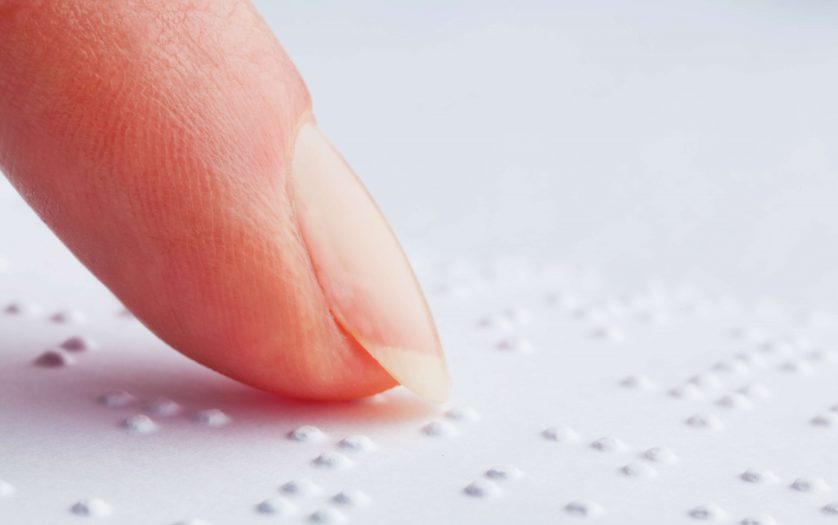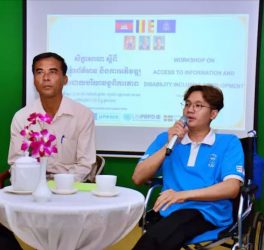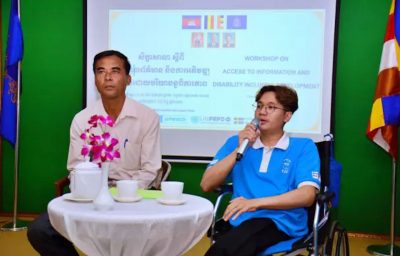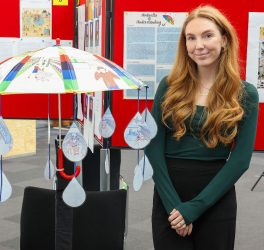
Two candidates running in Japan’s Oct 31 House of Representatives election have names that are spelled the same way in Braille, reported the Mainichi.
This is raising concerns for voters with vision disabilities, who are worried that they will not be able to differentiate between the two women.
The two candidates — both named Akiko Kamei — spell their names differently in kanji characters, but people with visual disabilities say there’s no way to distinguish between them in Braille voting, as Braille is based on phonograms. They are imploring the national government to take action, such as providing examples of how to write the candidates’ names, to help specifically identify them.
One of the candidates is a 56-year-old former lower house member of the main opposition Constitutional Democratic Party of Japan, and the other is a first-time independent aged 64. The 56-year-old Kamei filed her candidacy first, followed by former lower house member Hiroyuki Hosoda, 77, of the ruling Liberal Democratic Party, and then the 64-year-old Kamei.
According to the Shimane prefectural election administration commission, it is the first time, in the postwar era, for candidates with the same reading of their full name to run for a national election in the west Japan prefecture.
Under the Public Offices Election Act, disputed ballots are to be distributed to candidates at a rate proportional to the number of votes the candidates have garnered. A representative of the prefectural election council told the Mainichi Shimbun, “We can’t maintain neutrality if attention is focused on the two candidates with the same name reading. There’s no way we can provide notice (to Braille users) of ways to avoid proportional distribution of votes.”
One suggestion to voters with visual disabilities, as per the Shimane Prefecture welfare association for people with visual disabilities, is to use the proxy voting system. So a person aiding the voter fills in a ballot as instructed, or adds the name of the political party the candidate represents when casting Braille ballots.
The Public Offices Election Act states clearly that ballots containing information other than the candidate’s name are considered void, but that this doesn’t apply to descriptions of the candidate’s occupation, status, address, honorific title, and the like.
Toshiyasu Ogasawara, 67, deputy chairman of the association for the visually disabled, who has weak sight, said, “Is it the right thing for votes to be distributed proportionally without going to the candidates that voters intended to cast their ballots for? I want the national government to disseminate ways to write the candidate’s name properly.”








